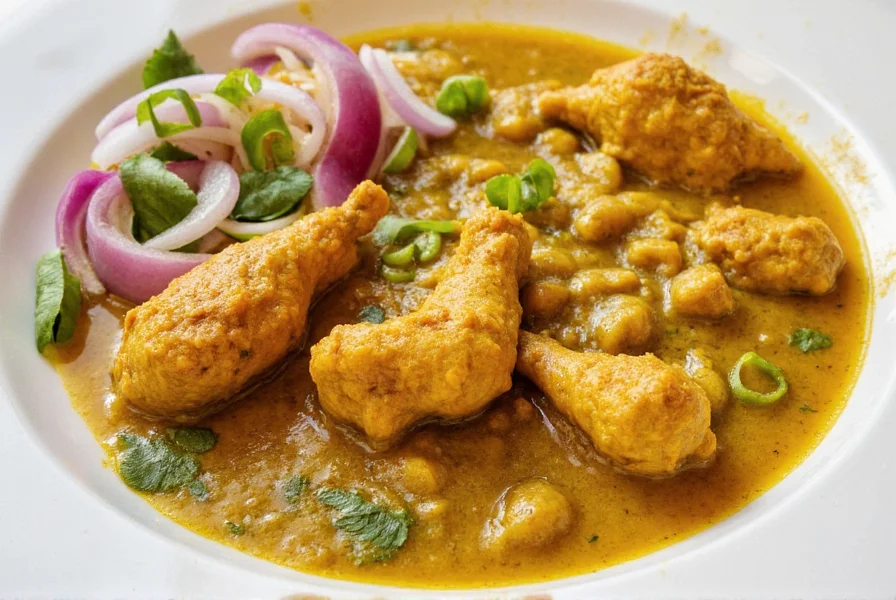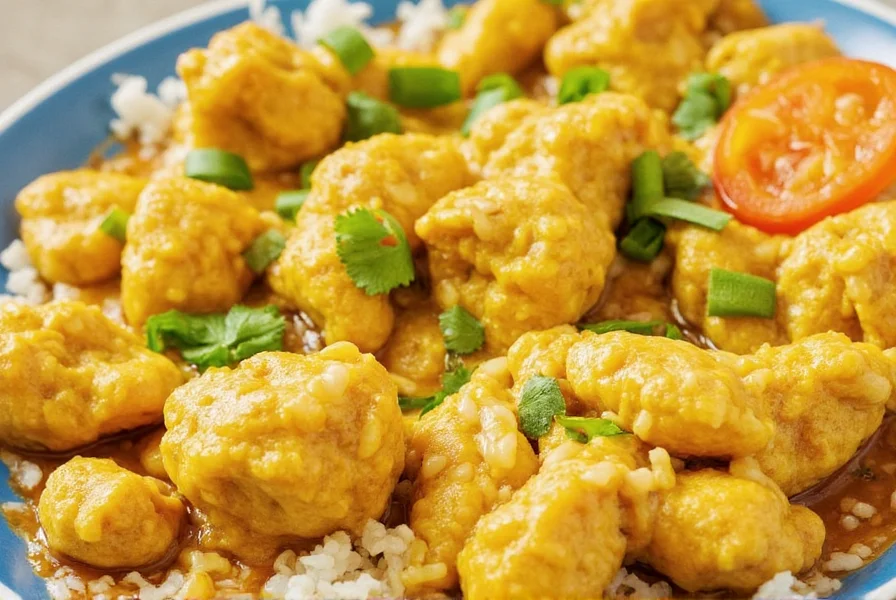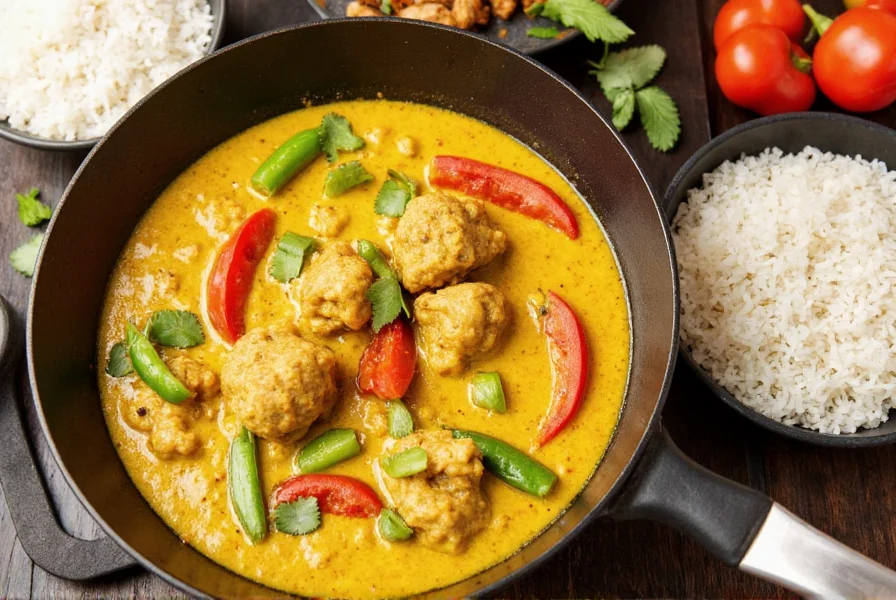| Spice | Features | Best For |
|---|---|---|
| Turmeric | Golden color, earthy flavor | Indian and Middle Eastern curries |
| Cumin | Smoky, nutty taste | Classic Indian and Mexican dishes |
| Garam Masala | Warm, aromatic blend | Indian and South Asian recipes |
| Chili Powder | Spicy kick | Customizing heat levels |
Curry chicken is a dish made by cooking chicken in a spiced sauce using a blend of spices commonly referred to as curry. Despite the name, 'curry' is not a single spice but a mixture of spices such as turmeric, cumin, coriander, and others. It originated in South Asia but has been adapted globally with distinct regional variations.

Origins and Global Adaptations
Curry chicken traces its roots to the Indian subcontinent, where spice blends were used for centuries. It spread through trade routes and colonial influence, evolving in different regions:
- Indian: Features tomato-based sauces with garam masala and dry spices, often simmered slowly for depth.
- Thai: Uses curry paste with coconut milk, fresh herbs like lemongrass, and fish sauce for a bright, spicy flavor.
- Japanese: Known as "kare raisu," it's thicker, sweeter, and typically served with rice.
- Caribbean: Incorporates allspice and Scotch bonnet peppers for a unique, fiery profile.
- British: Influenced by Indian cuisine but milder and creamier, often with potatoes and peas.

Frequently Asked Questions
What exactly is curry chicken?
Curry chicken is a dish featuring chicken cooked in a sauce made from a blend of spices commonly referred to as "curry." Despite what many think, "curry" isn't a single spice but a mixture of spices that varies by region. It typically includes chicken simmered with onions, garlic, ginger, tomatoes, and spices like turmeric, cumin, and coriander.
Is all curry chicken spicy?
No, not all curry chicken is spicy. Heat levels vary by recipe and region. For example, Indian curries can range from mild to hot, while Japanese curry is typically mild. You can adjust spiciness by controlling chili peppers or hot spices in the recipe.
What's the difference between curry powder and curry paste?
Curry powder is a dry blend of ground spices, while curry paste is a wet mixture containing fresh ingredients like lemongrass, galangal, and chilies. Curry powder is common in Indian-inspired dishes, and curry paste is typical in Thai cuisine, creating distinct flavor profiles.











 浙公网安备
33010002000092号
浙公网安备
33010002000092号 浙B2-20120091-4
浙B2-20120091-4